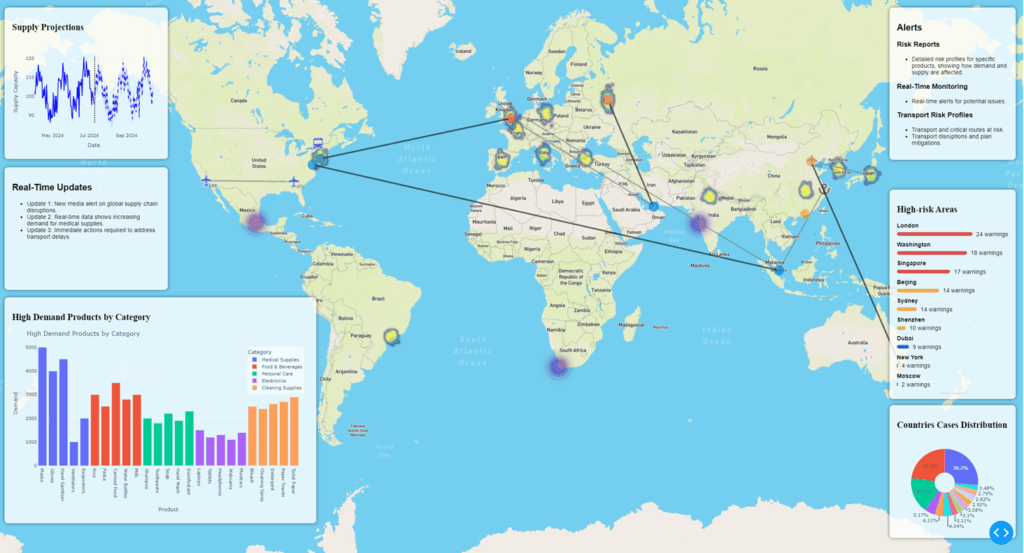Federated Intelligence for Robust and Transparent Market Visibility of the Supply Chain in Global Health Crises
Global health supply chains are complex systems spanning raw materials, manufacturing, logistics, and last-mile delivery. Crises such as pandemics expose fragilities, stockouts, bottlenecks, and cascading failures that jeopardize prompt access to essential medicines, devices, diagnostics, and protective equipment. At the same time, sensitive organizational data is distributed across many institutions and jurisdictions, creating legitimate constraints on centralizing information.
This project proposes a federated Market Intelligence Platform (MIP) that turns distributed data into actionable, cross-organizational insight without moving raw data. A hierarchical federated architecture coordinates learning across hospitals, manufacturers, distributors, and regulators. Local nodes run anomaly detection to surface deviations, and share secure model updates rather than records, preserving confidentiality and sovereignty.
To capture real-world interdependencies, the platform employs Graph Neural Networks (GNNs) that represent supply networks as evolving graphs of suppliers, products, routes, and policies. This enables early identification of single points of failure, ripple-effect propagation, and robust scenario testing. Large Language Models (LLMs) ingest unstructured signals-policy changes, trade advisories, incident reports, and market news to augment situational awareness, explain flags, and assist with resource allocation and playbook selection. Rule Association Mining (latent dependency discovery) uncovers subtle patterns that link events across tiers.
Our role in the project
CERN leads the federated learning (FL) layer powering cross-stakeholder model creation and deployment. Building on the CAFEIN™ platform, CERN develops the privacy and security foundations (secure aggregation, access control, auditability), hierarchical orchestration for multi-tier supply networks, and MLOps tooling for resilient, on-prem/edge training. CERN also integrates graph-based modelling and anomaly-detection workflows into the federated stack and contributes to benchmarks, validation, and hardening of the platform for WHO-led, real-world pilots.


